Beef short ribs
Photo: Supplied/Michael Williamson
Sales of wood and charcoal barbecues have soared in the last two years due to increased interest in slow cooked meats, according to retailers.
Bunnings Warehouse national BBQ buyer Guy Davies said they have seen a 40 percent increase in charcoal and a 50 percent increase in ‘smokers’ in the last two years.
Charcoal and wood barbecues are commonly used to cook American-style barbecue, where pieces of meat are done ‘low and slow’ for many hours, with the wood adding a smoky flavour.
Davies said one reason for the increase was that many people spent more time at home during the pandemic and took up new hobbies.
Over at Mitre10, category manager for barbecues Tony Deller said they have also seen a sizeable increase.
“Five years ago gas barbecues represented 90 percent of all barbecue sales, that has now dropped to 65-70 percent with the influx of charcoal and smoker sales.”
Deller said they predict the split will be 50/50 in years to come, due to increasing gas prices and people switching to hydrogen.
Ross Scott has been trying his hand at charcoal and wood cooking for two years, after first taking it up when he was bored at home with a leg injury.
“I Google searched it and found a few Youtube videos, and thought, why not give it a go?”
He said he liked this kind of cooking because it’s something different to the gas grilled food he grew up with.
“The whole flavour profile is totally different, and it’s a whole different experience, doing the low and slow cooking.”
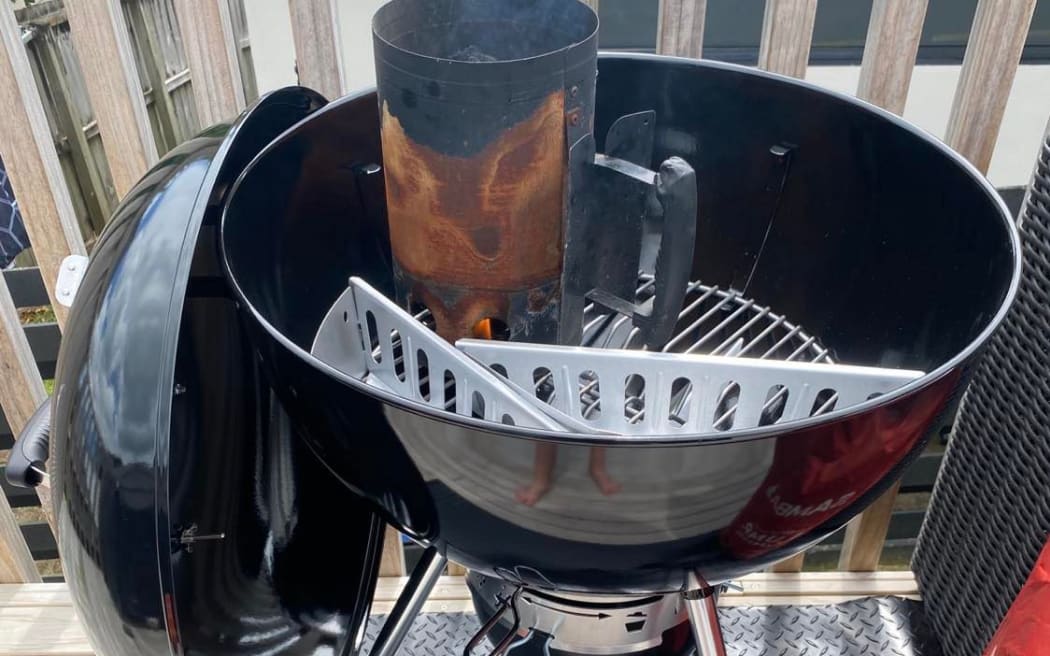
Charcoal heating up to cook food.
Photo: Supplied/Jono Frankle
Michael Williamson has been cooking low and slow for three years, after starting off with a cheap and cheerful barrel smoker from Bunnings.
He said he enjoyed the process of cooking something over a whole day.
“Because it’s low and slow, I can work on the project of what I’m cooking, but then go away and spend time with the kids and come back to the cook.”
The newfound popularity for low and slow cooking has also meant an increased price for certain cuts of meat.
Eddie Rodriguez, of Grey Lynn Butchers, said cuts like brisket and beef short ribs had doubled in cost over the last five years due to increased demand.
Lamb ribs had tripled in price, he said.
He said in the past these cuts were only bought by people who could not afford more expensive meats.
Aswell as home cooks enjoying the smoky flavours, there was also a growing competitive barbecue scene in New Zealand.
New Zealand Barbecue Alliance organiser Carl Grainger said the scene had grown hugely since the first competition back in 2017.
Cooks in these competitions spend hours cooking cuts like brisket and pork ribs to be judged against their peers.
Grainger said the desire to compete was there because barbecuing was quentissentially Kiwi.
“Majority of us have grown up all standing around the grill, cooking a steak, everyone thinks they’re the best in their own backyard.”
He said anyone wanting to take their barbecuing to the next level should give it a go.
“There’s not really any boundaries to entry, just having a barbecue, buy some meat, come along and get involved.”










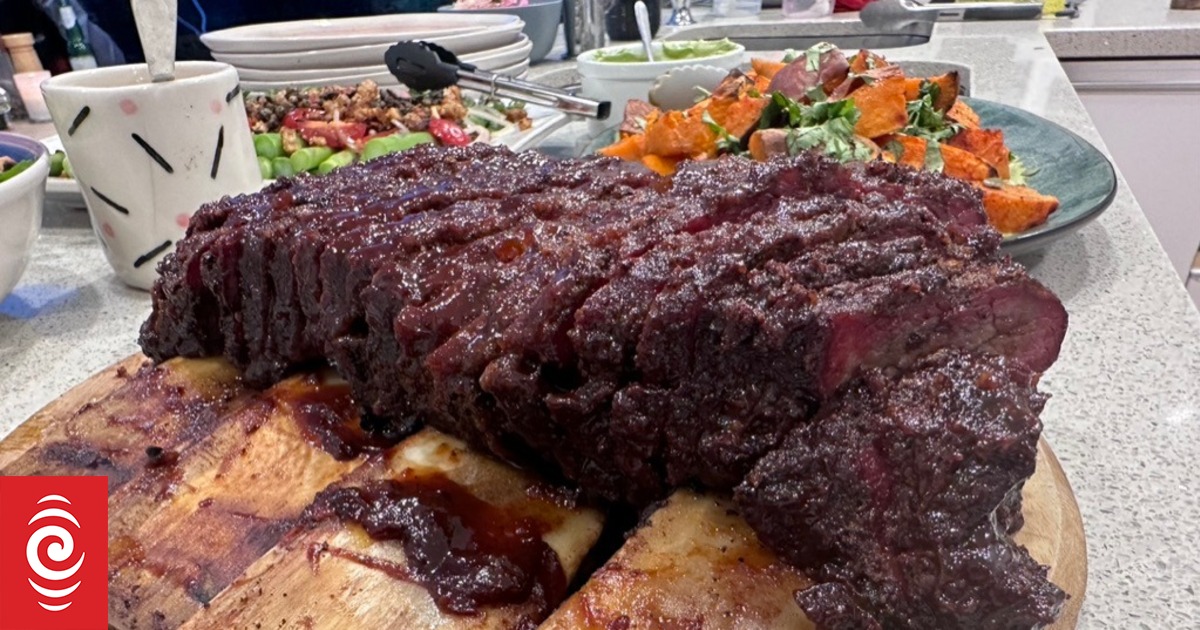
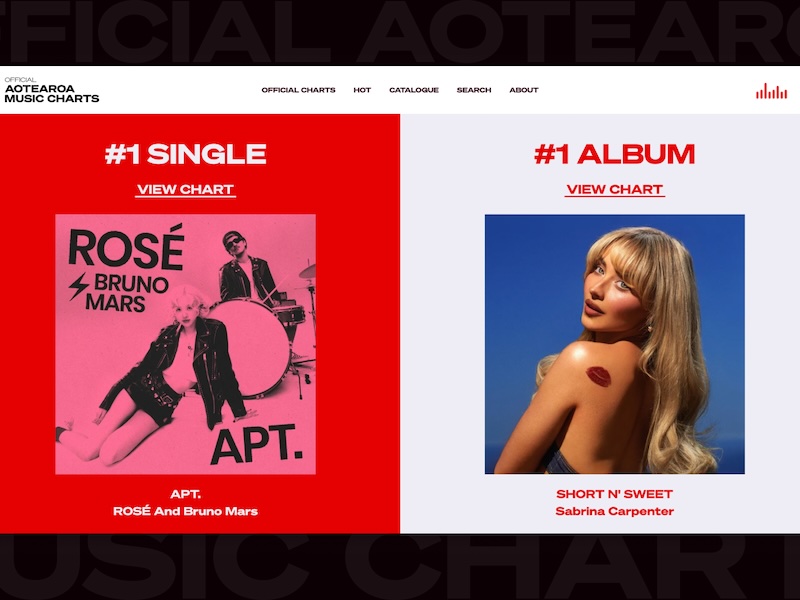

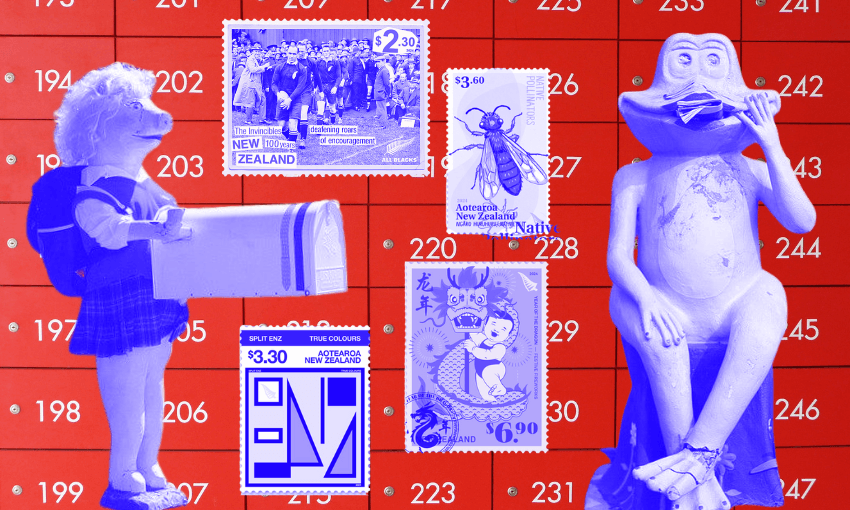





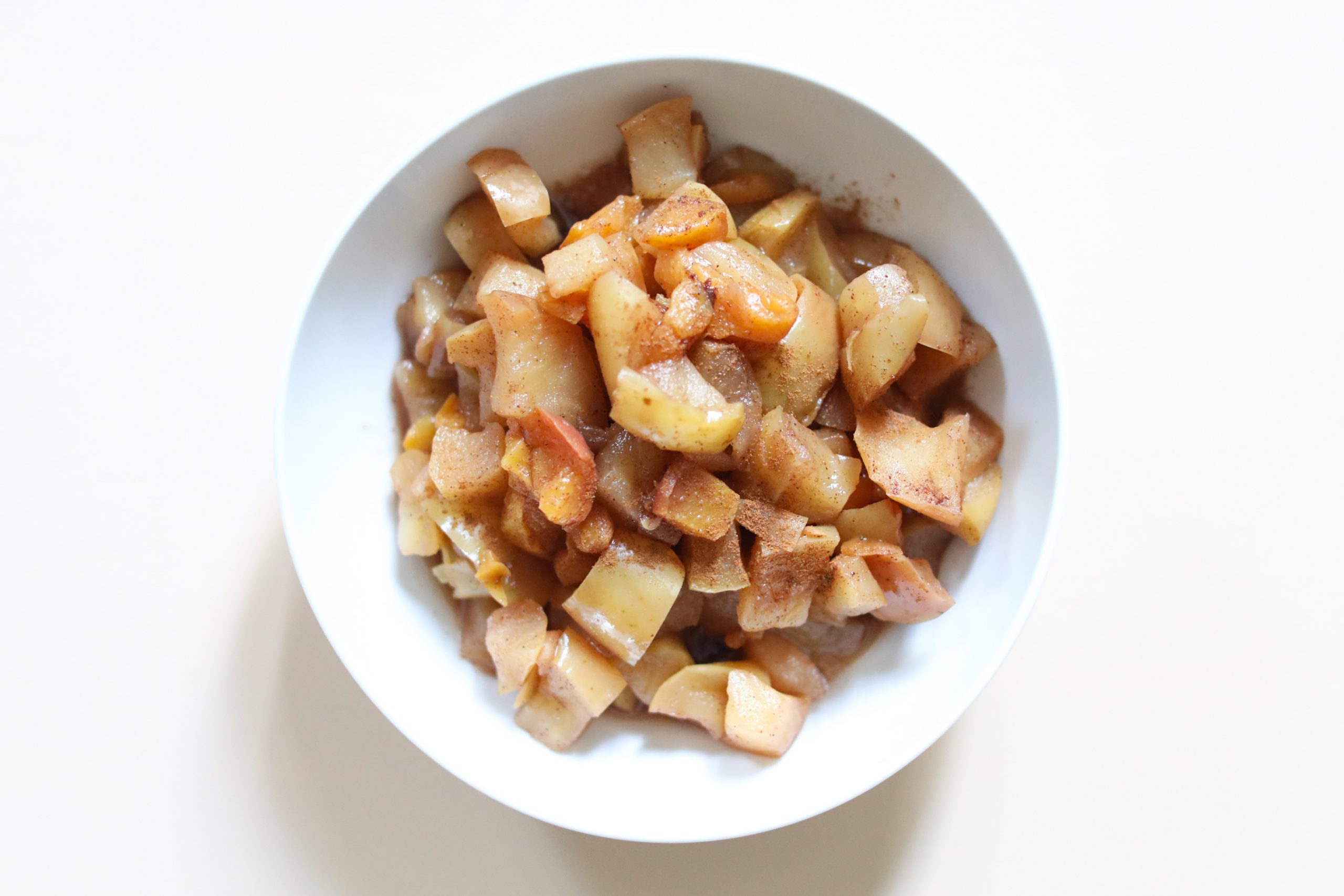

Discussion about this post